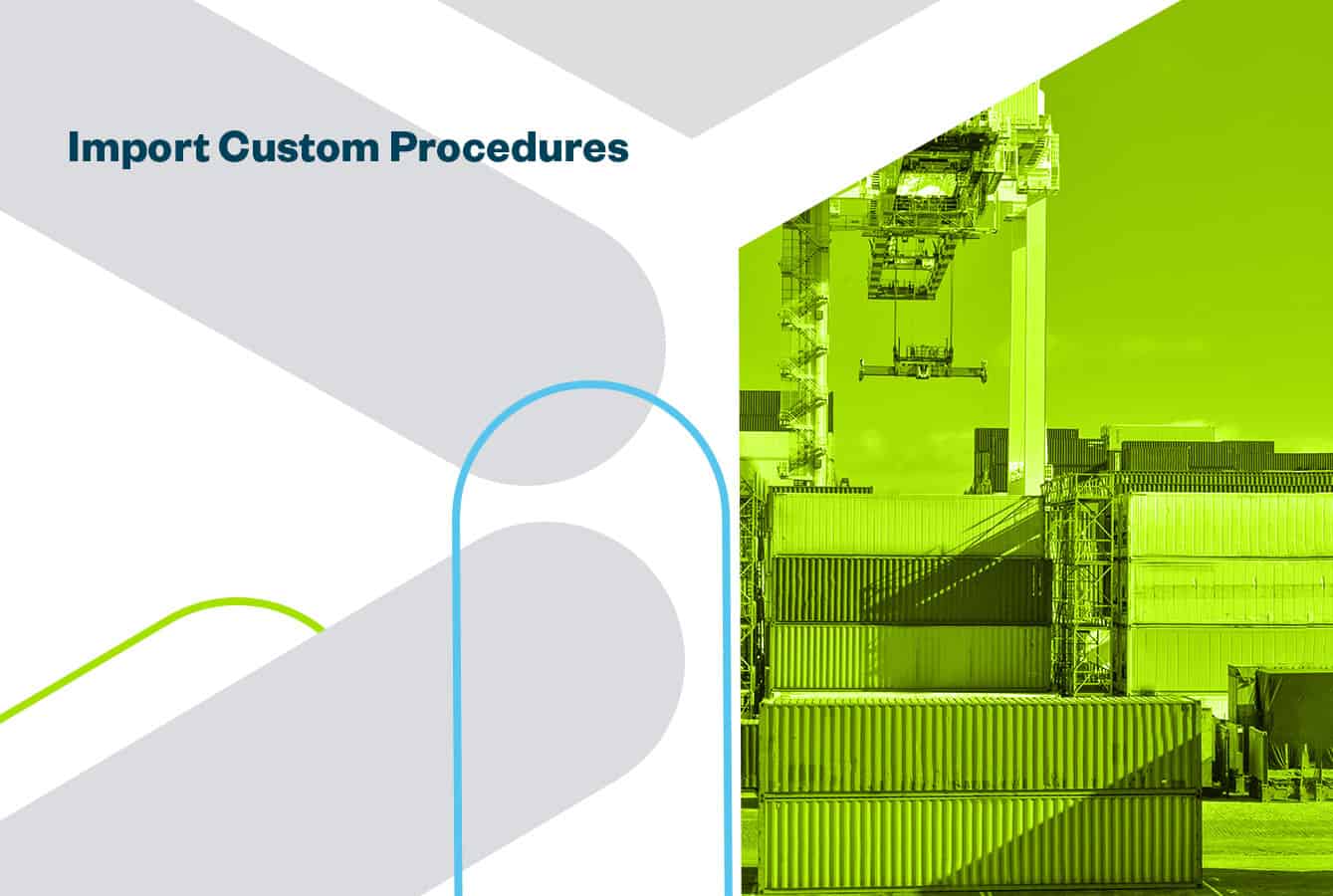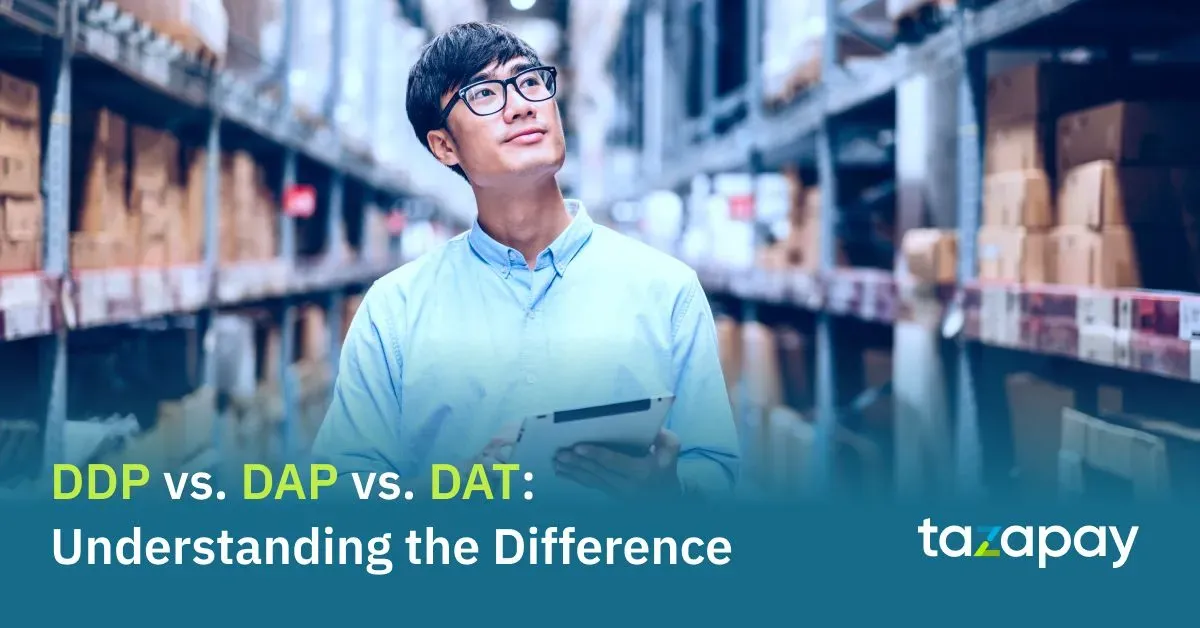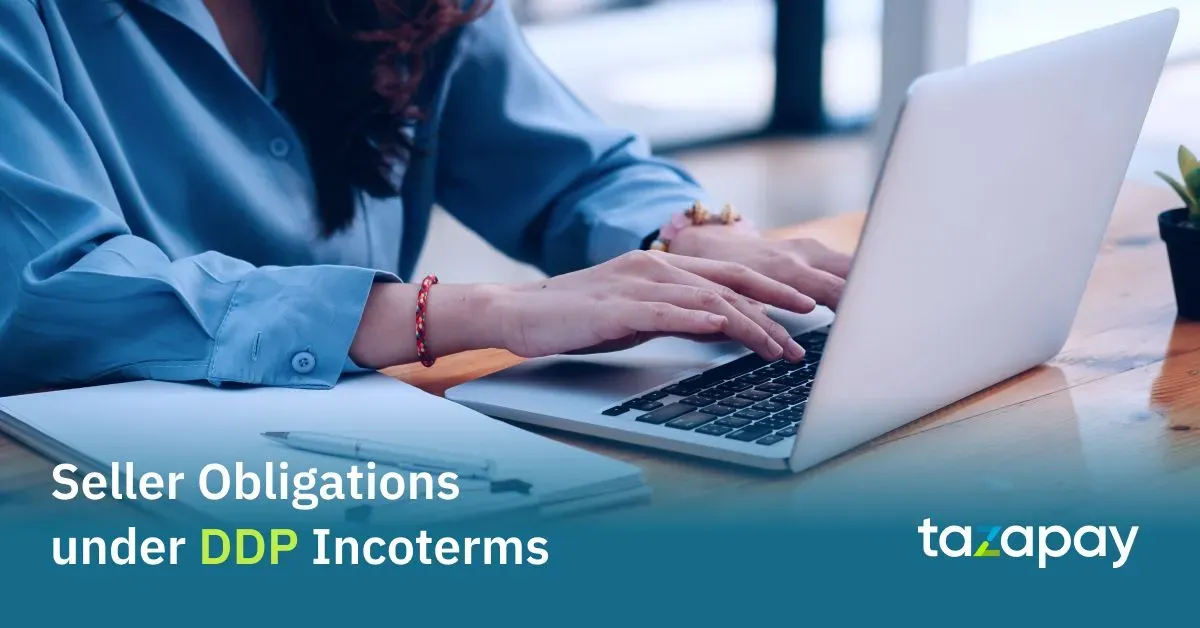- Home
Blog Blog
Customs & Incoterms Customs & Incoterms
Import Customs Procedures
Import Customs Procedures

What is import? Import can simply be defined as, the purchase/bringing in of goods from a foreign country to a demand country. The process and procedure for any import varies from country to country. It is dependent upon the import compliance policy, statutory requirements and customs rules of countries. The global import trade is controlled by relevant government authorities and agencies, if not all, most cases. The objectives of these controls are proper use of foreign exchange restrictions, prevention of prohibited imports, protection of indigenous industries etc. The imports of goods have to follow a procedure which involves a number of steps to ensure the company is ‘IMPORT READY’.
For any trade, the buyer and seller should have a sales contract which can either be a verbal agreement or a Purchase Order (PO) and, or a formal, written agreement signed by the buyer and the seller. The latter is highly recommended especially if the agreement outlines complete terms and conditions of the sale. The type of agreement your company uses may depend on the value of the sale, the nature of the goods, and the complexity of the terms of the agreement. However, it is critical that both seller/buyer align and comply with the stipulated importation requirements to avoid potential delay or dispute.
For importation, importer/buyer must have minimal requirements i.e. license, certificate, permits or entry approval to commence cross-border imports. Importers must declare goods to customs or relevant agencies and may be subject to import tax and duties (not all import goods have duty/tax). This process can either be manually or electronically directly by the importer or through Customs Broker/freight Forwarder. Approval must be granted by customs authorities before goods can be physically imported. Where required, necessary export inspection by Exporting country’s customs authorities must be undertaken as part of the export process.
Additional documents that have to be presented to customs and relevant agencies for import approval are but not limited to:
- - Commercial Invoice,
- - Packing list, and
- - Bill of lading or Airway bill,
- - Certificate of Origin
Note: Countries/Products have different documentation submission. Please refer to specific country/customs guide for complete import compliance.
Upon obtaining required approval from customs or relevant agencies for goods, imports and duty/tax settlement, generally the goods will be transferred from the Port/Airport/Terminal facility to the appointed freight agent facility for physical clearance and delivery. These activities will be managed either by the buyer or seller’s appointed freight forwarder dependent upon the agreed Incoterms.
Import customs clearance methodology is similar in almost all ports or airports worldwide. Detailed information about export customs process and procedure is explained separately in respective country customs website. The company should constantly update the import guide to ensure complete compliance.
Nominating a freight forwarder to deal with the import procedures is highly recommended.
Category

Customs & Incoterms
Import Customs Procedures
Related Articles

DDP vs. DAP vs. DAT: Understanding the Difference

2010 vs. 2020: What Has Changed in Incoterms






